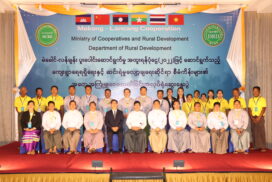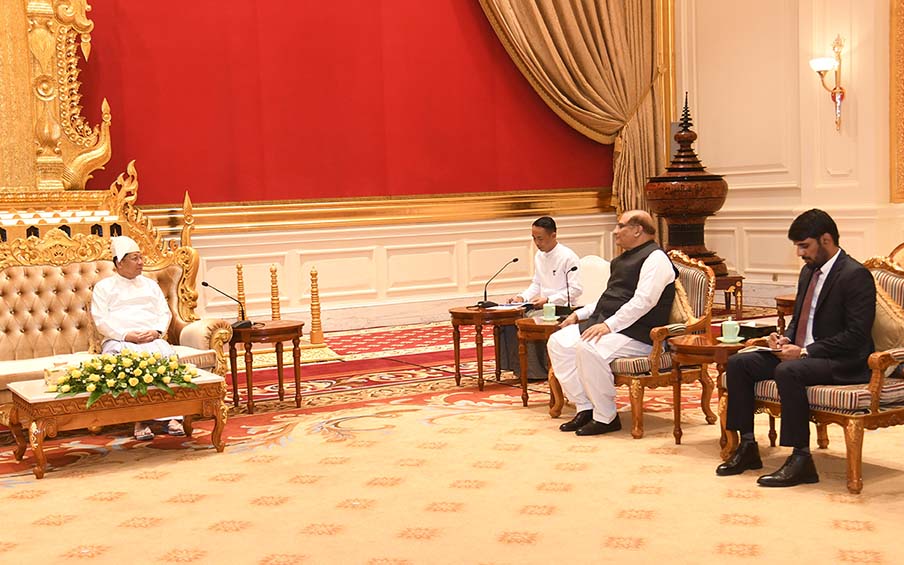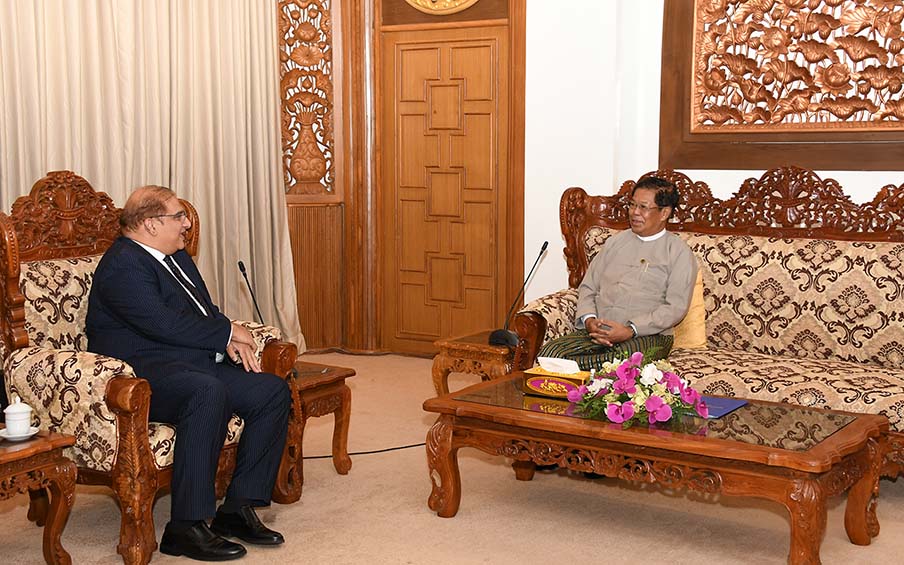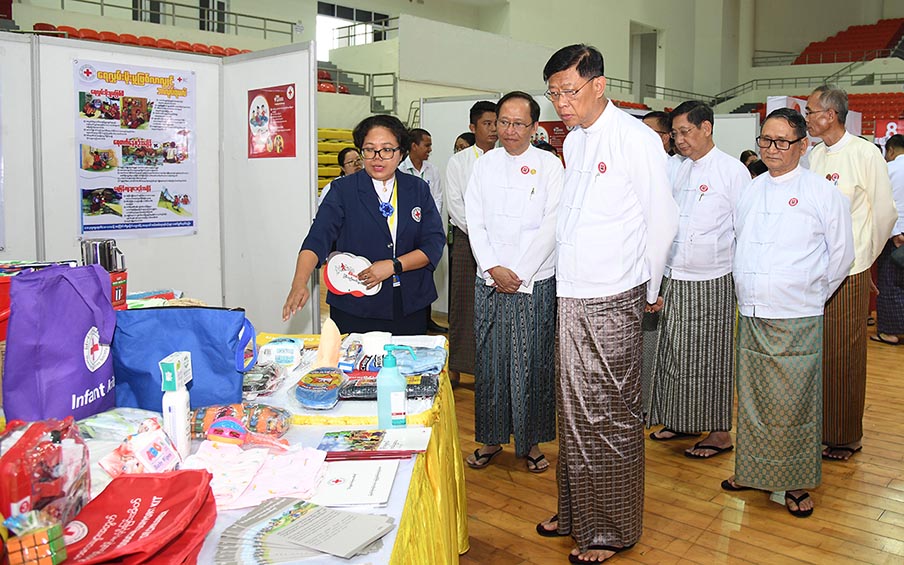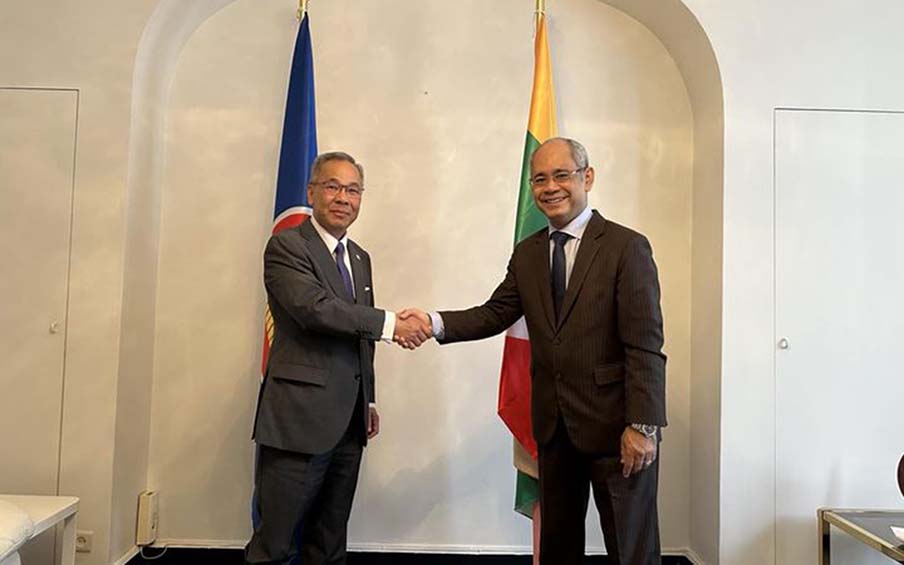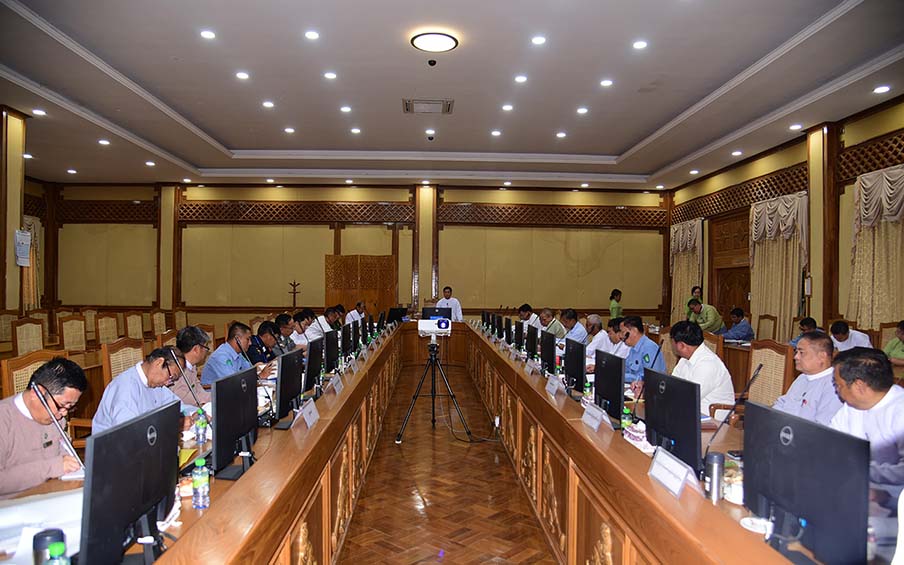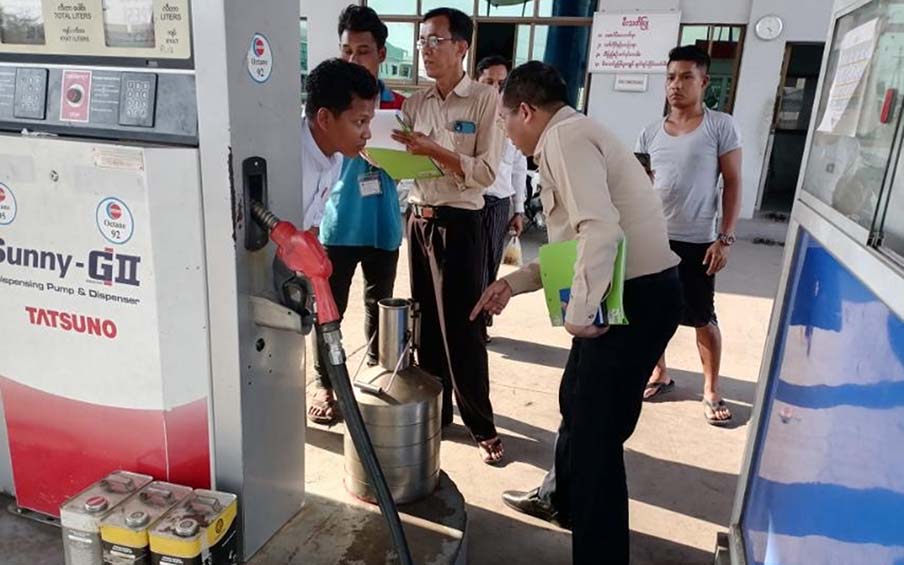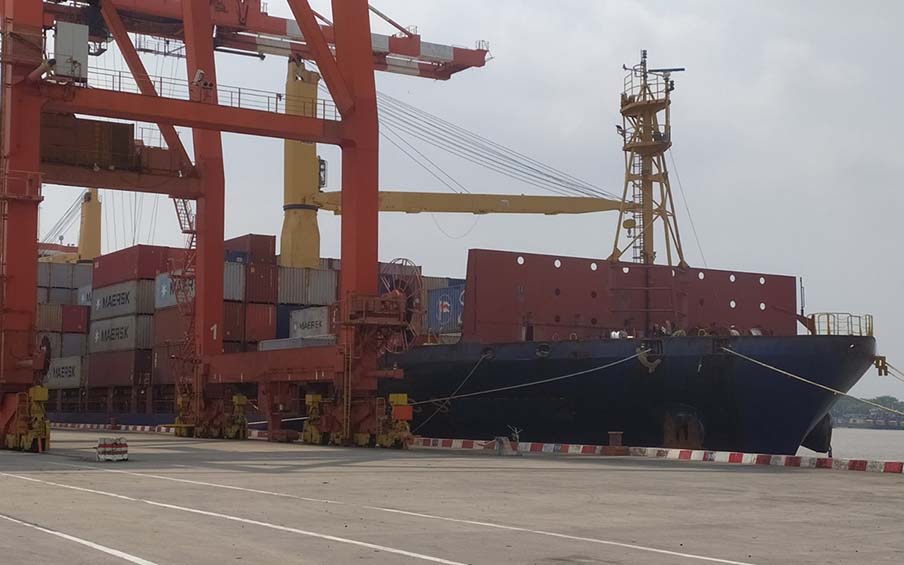Throughout its tenure, government ministries, region and state governments have demonstrated unwavering determination in overcoming challenges to achieve economic targets. Despite facing obstacles, they have showcased collective strength and unity in their endeavours.
Budget allocations are crucial for facilitating the implementation of projects outlined by various ministries within a designated financial year. These allocations are carefully structured to align with objectives such as controlling inflation and managing budget deficits relative to GDP. Therefore, it is imperative for ministries to utilize their allocated budgets efficiently for project implementation.
Some ministries encounter difficulties that result in underspending their allocated budgets. However, returning unspent funds to the government could have adverse effects on investment and manufacturing sectors, potentially affecting the nation’s GDP. Therefore, ministries must strive to overcome challenges and find ways to utilize their budgets for the nation’s development efficiently.
The promotion of manufacturing is essential for driving economic growth and increasing the State’s GDP through exports. Collaboration between the government and private sectors is vital in expanding the manufacturing sector for both domestic consumption and export purposes, thereby generating revenue for the State.
Despite some ministries returning their allocated budgets, reallocations to sectors such as health, education, and transportation ensure that development projects continue unhindered. This demonstrates that budget allocations remain aligned with the nation’s development goals.
A significant budget deficit can lead to increased State debt, posing challenges to financial resilience and currency stability. Therefore, it is essential to maintain an appropriate level of budget deficit within manageable limits to mitigate these risks effectively.
The ratio of deficiency to GDP will be 5.67 per cent in the 2024-25 financial year, compared to 5.65 per cent in the 2023-24 FY with a 0.02-per-cent exceeding because of expenditures on Kyat-US dollar exchange rate, trainee assistance, socioeconomic development measures and infrastructure development tasks. Hence, ministries earning incomes for the State have to strive to exceed the target of earnings in the coming financial year while cutting unnecessary costs. Likewise, all governmental organizations have to thriftily and efficiently spend the allocated budgets for the national interests.
Efficient utilization of allocated budgets is crucial for the successful implementation of development projects. Ministries must navigate challenges and strive for efficiency in spending to maximize the impact on national development. Collaboration between government and private sectors, coupled with prudent financial management, will contribute to sustainable economic growth and benefit the nation as a whole.
Efficiently spend allocated budgets on development projects
- March 16, 2024
- 96


